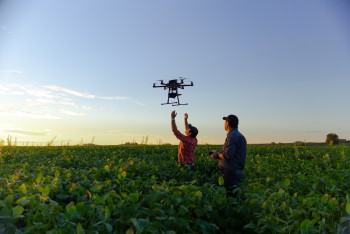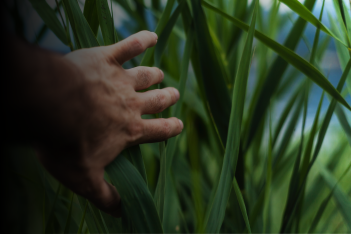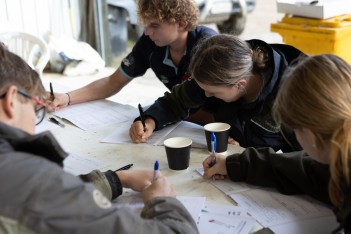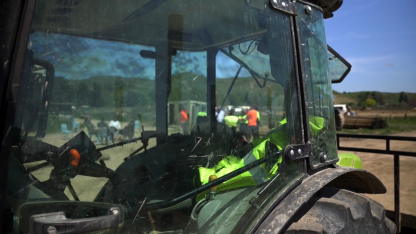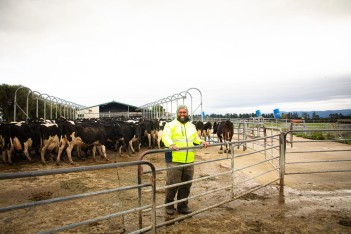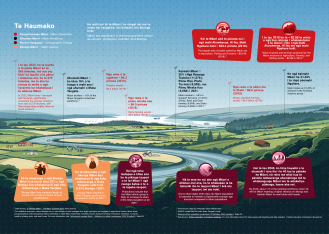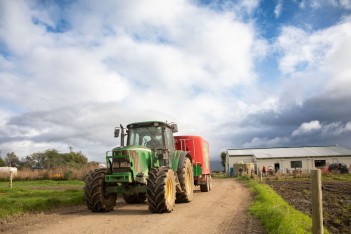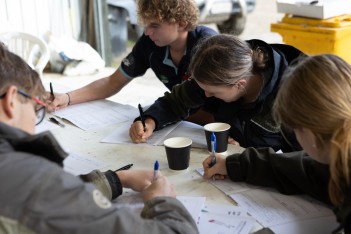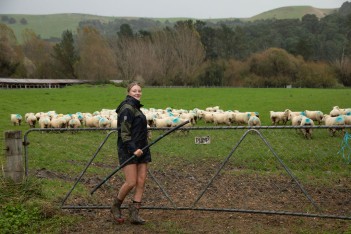2026 Investment Advice
Muka Tangata provides advice to TEC on investment in vocational education to influence funding decisions that considers industry needs, to help match skills and workforce demands with supply.
Learn moreThe Dairy industry is the country’s largest export earner.
Dairy Farming is currently facing some significant challenges, including climate change, climbing interest rates and a chronic labour shortage.
The Dairy industry is not retaining enough people with the right skills to fill jobs.
Dairy farming is a significant contributor to the Māori economy.
Key Challenges
Find out about our work to assess the quality of programmes delivered by providers for this industry here.
A snapshot of the Dairy Farming workforce development plan is available for download here. Please note that this reflects a point in time (July 2024). The most up to date information is on the workforce development plans website.
Muka Tangata provides advice to TEC on investment in vocational education to influence funding decisions that considers industry needs, to help match skills and workforce demands with supply.
Learn more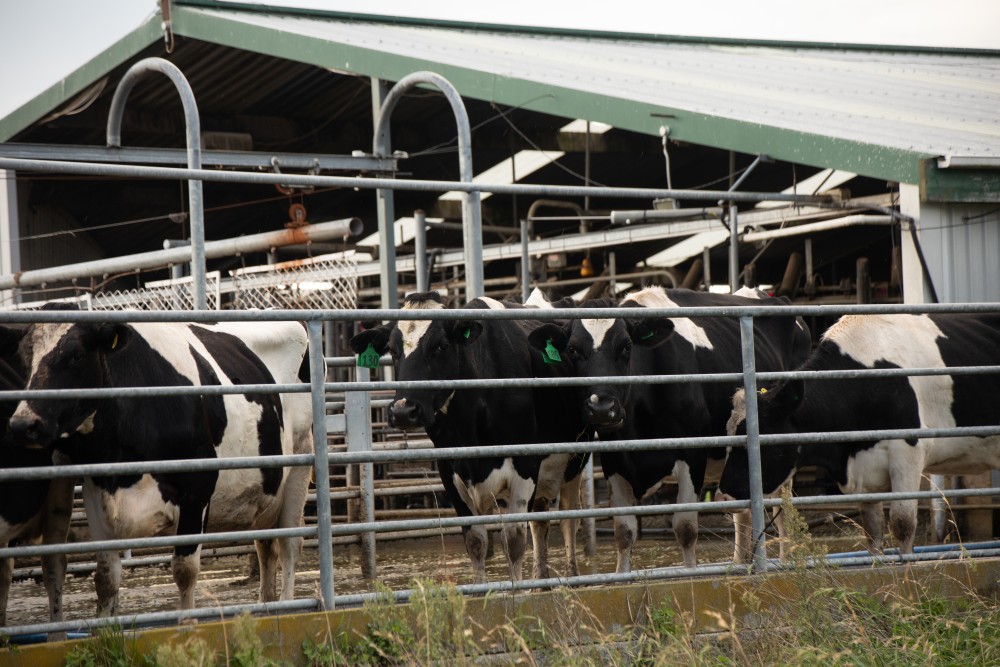
This section provides information about the workforce, industry and Vocational Education and Training (VET) provision and performance. It shows data and research focused on key aspects of Muka Tangata industry groups and learners. This section is expected to feature regular updates to the data and trends being showcased.
Insights for Industry about trends in economic performance indicators.
Insights on the workforce, including; size, ethnicity, age, regional distribution, and gender.
Insights about learners, including trends in enrolments and mix of provision.
Our engagement with the Dairy industry has identified a number of opportunities, including a desire for shorter, targeted, and more flexible training to meet the technical skills required for each role on the farm. Due to the existing vocational education system not being flexible enough to accommodate and keep up with the rate of change in the industry, non-formal and informal training takes precedence. The Dairy industry has a high reliance on manual labour and is not retaining enough people with the right skills to fill the jobs. This is compounded by industry concern that financial pressures are causing increased stress for farmers. Many farmers continue to suffer from mental health challenges, with both burnout and suicide rates being ongoing concerns for the industry. The wellbeing of the workforce remains front of mind for industry.
This is our plan to address the vocational education and training opportunities that arose from our engagement, research and analysis. It includes real projects that we are committed to delivering, with most of these spanning across some or all Muka Tangata industries. Our Projects have replaced our previous “Roadmap Actions” and present a consolidated view of our mahi. Some of the previous roadmap actions have been completed or closed out following a review of our work programme and engagement with industry on the priority of these actions.
